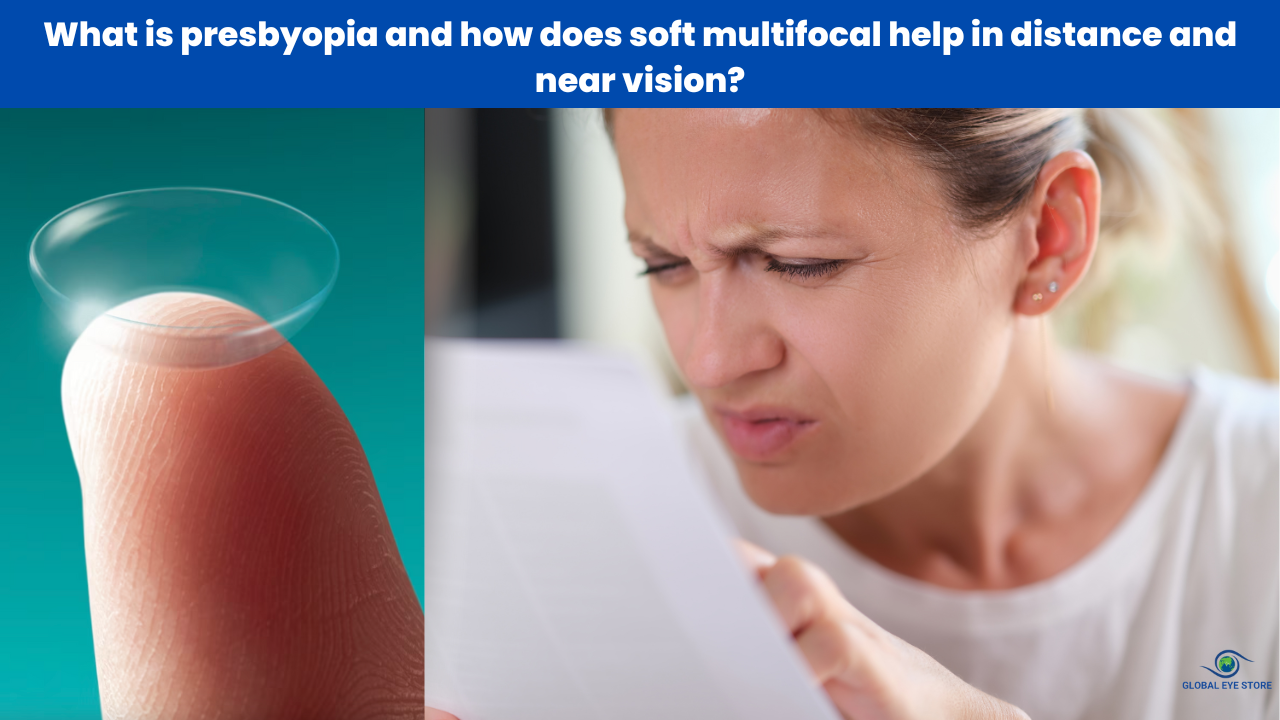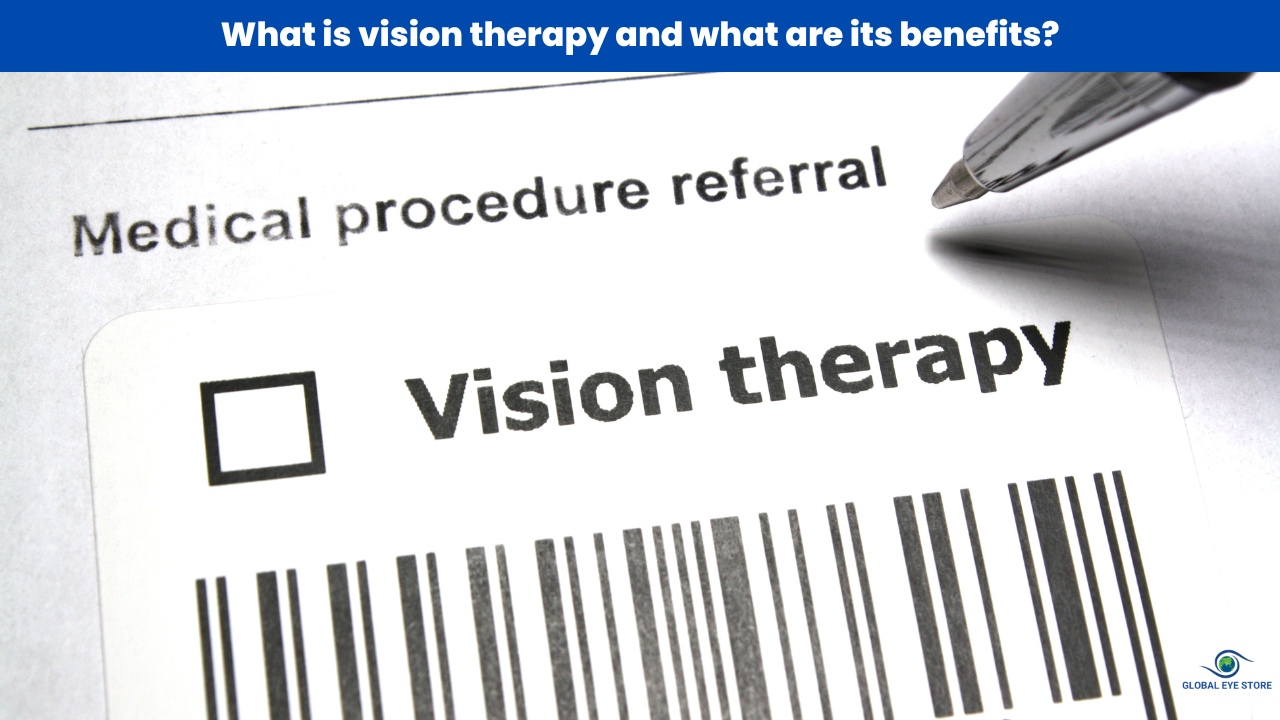Nurturing Clear Vision A Comprehensive Guide to Myopia Control for Children in India
Introduction
In recent years, the prevalence of myopia, commonly known as nearsightedness, has been escalating among children in India. According to a comprehensive study conducted by the All India Institute of Medical Sciences, approximately 25% of Indian children aged 6-18 years grapple with myopia. This visual impairment occurs when the eye undergoes abnormal elongation, causing light to focus inaccurately and resulting in difficulties seeing distant objects. The significance of addressing myopia in its early stages cannot be overstated, as unchecked progression may lead to severe vision problems in the future.
The World of Orthokeratology
A ray of hope emerges in the form of Orthokeratology, affectionately known as "ortho-k." This cutting-edge myopia control approach involves the use of specially designed contact lenses that are worn overnight. These lenses gently reshape the cornea during the nocturnal hours, providing children with clear vision throughout the day without the need for traditional glasses or contact lenses. Alternatively, atropine eye drops present another viable option. These drops, when applied to the eyes, temporarily relax the focusing muscles, effectively slowing the progression of myopia. It is imperative, however, to employ such drops under the careful guidance of Myopia Control Doctors.
Early Intervention for Long-term Impact
The importance of early detection and intervention in myopia management cannot be emphasized enough. Timely identification and treatment significantly enhance the likelihood of successful myopia control. Routine eye checkups are imperative, particularly for children with a familial predisposition to myopia. At Nayancart, our team of seasoned optometrists is dedicated to helping parents identify the most appropriate myopia control strategies for their children. Regular monitoring ensures the effectiveness of the chosen interventions, providing the best possible outcome.
Beyond Medical Solutions Nurturing a Myopia-Friendly Lifestyle
Myopia control extends beyond medical solutions; it encompasses the lifestyle and environment in which a child is nurtured. Encouraging outdoor activities and exposure to natural sunlight has been identified as pivotal in mitigating the risk of myopia development.
Lifestyle Tips for Myopia Control
-
Embrace Outdoor Activities Encourage children to participate in outdoor physical activities regularly. Studies have consistently linked increased outdoor time with a reduced risk of myopia.
-
Sunlight as a Guardian Ensure that children receive ample exposure to natural sunlight. Sunlight is not only vital for overall eye health but may also play a role in myopia control.
-
Manage Screen Time Limit the use of electronic devices and encourage regular breaks to alleviate eye strain—a contributing factor to myopia development.
-
Cultivate Healthy Reading Habits Guide children to maintain an appropriate distance while reading and to take breaks during extended reading sessions. This helps prevent eye strain and contributes to myopia control.
The Nayancart Approach
At Nayancart, we recognize the profound impact myopia control can have on a child's vision and overall well-being. Our team of experienced optometrists is poised to guide parents through effective myopia control strategies, recommending personalized treatment options tailored to each child's unique needs. Waiting until vision problems escalate is not the solution; instead, we encourage parents to take proactive steps by booking an appointment today to secure their child's vision for a brighter and clearer future.
Exploring Myopia in Depth
To delve deeper into myopia, it is essential to understand its mechanism. Myopia, or nearsightedness, is characterized by an elongation of the eyeball, causing light to focus in front of the retina rather than on it. This results in blurred vision when attempting to view objects at a distance. While genetics play a role in myopia development, environmental factors also significantly contribute.
The Myopia Epidemic in India
The study conducted by the All India Institute of Medical Sciences sheds light on the alarming rise of myopia among Indian children. With approximately a quarter of children aged 6-18 affected, the need for effective myopia control measures becomes increasingly urgent. Myopia not only impacts immediate visual clarity but also poses risks of developing more severe eye conditions in the future.
Orthokeratology Unveiled
Orthokeratology stands out as an innovative myopia control method, gaining popularity for its non-invasive approach. By utilizing specially designed contact lenses worn overnight, this technique gently reshapes the cornea, mitigating the elongation of the eyeball. The result is improved vision during waking hours without the reliance on corrective lenses. Atropine eye drops, another option, work by temporarily relaxing the eye's focusing muscles. However, caution is advised, and their use should be monitored under the guidance of Myopia Control Doctors.
The Crucial Role of Early Detection
The adage "prevention is better than cure" holds particularly true when it comes to myopia in children. Early detection lays the foundation for effective myopia control. Routine eye checkups, starting from a young age, play a pivotal role in identifying signs of myopia and initiating timely interventions. This is especially crucial for children with a family history of myopia, as they are inherently at a higher risk.
Nayancart's Commitment
At Nayancart, our commitment to preserving children's vision goes beyond providing corrective measures; we emphasize proactive myopia control strategies. Our experienced optometrists employ advanced diagnostic tools to assess a child's risk and recommend personalized interventions. From Orthokeratology to lifestyle adjustments, our comprehensive approach aims to ensure the best possible outcome for each child.
Lifestyle Modifications for Myopia Control
Understanding that myopia control extends beyond medical solutions, it is essential to incorporate lifestyle modifications into the mix. Cultivating habits that promote eye health can significantly contribute to controlling myopia progression.
Outdoor Activities and Sunlight Exposure
Numerous studies have highlighted the correlation between increased outdoor time and a reduced risk of myopia. Encouraging children to engage in outdoor activities exposes them to Natural sunlight which plays a crucial role in overall eye health. Sunlight is known to stimulate the release of dopamine in the retina, a neurotransmitter associated with eye growth regulation.
Screen Time Management
In today's digital age, managing screen time is paramount for overall well-being, including eye health. Prolonged use of electronic devices, coupled with inadequate breaks, contributes to eye strain and myopia development. Implementing structured screen time rules and encouraging breaks can significantly mitigate these risks.
Healthy Reading Practices
Children's reading habits also influence myopia development. Encouraging them to maintain an appropriate reading distance and take breaks during extended reading sessions reduces eye strain. Additionally, ensuring proper lighting conditions during reading is crucial to preventing visual fatigue.
Conclusion
In conclusion, myopia control for children in India demands a multi-faceted approach. From advanced medical interventions like Orthokeratology and atropine eye drops to lifestyle modifications emphasizing outdoor activities and proper screen time management, each element plays a crucial role. Nayancart stands as a beacon in this endeavor, offering not only state-of-the-art treatments but also a commitment to proactive and personalized care. Parents, don't wait until vision problems become insurmountable; take the proactive step of scheduling an appointment with Nayancart today. Together, let's ensure a future where every child.







.jpg)
.jpg)
